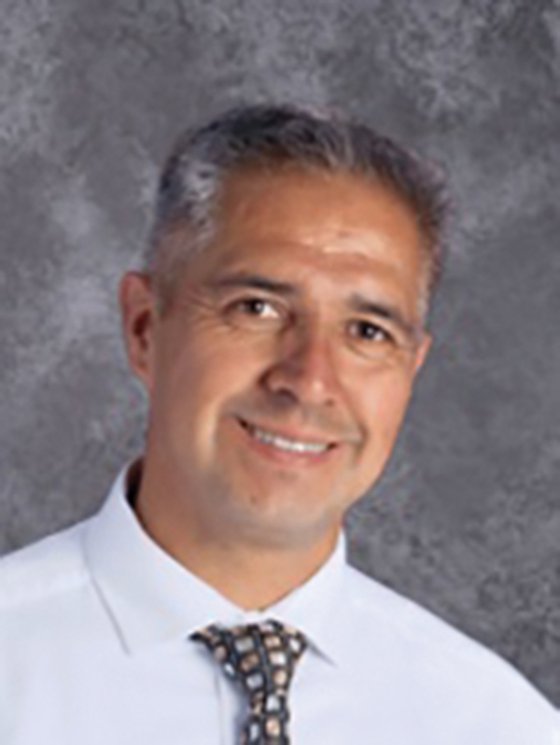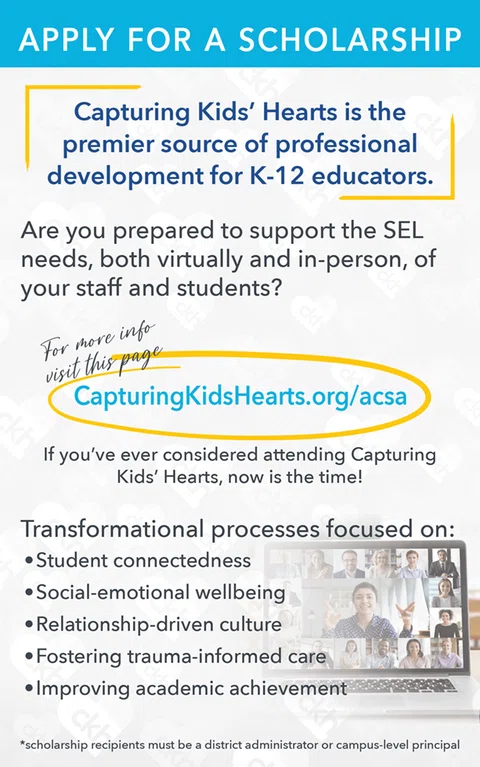Relationships are the essential element to keeping us connected
Equity Corner by Leopoldo Perez
March 22, 2021

While this educational environment was not an ideal way to close out the 2020 school year, there were many advantages educators, particularly teachers and support staff, had that made the transition more palatable. Specifically, they had a pre-existing connection and relationship with their students.
In the few short months of “triage” distance learning that defined the spring of 2020, we quickly learned that it was difficult to keep students connected and engaged with their education, even with our established relationships we had developed with our students in the months before the shutdown. Once distance learning started, students quickly became disconnected from school. So much so that many schools altered their grading system in some form.
At the start of the 2020–21 school year, our teachers and support staff, including administrators, were faced with entering the school year in either full distance learning or some version of a hybrid system. We were now in a situation where we needed to start classes with students we had never met or only saw a few times a week. Our teachers found themselves in the untenable position of having to adhere to new distance learning requirements while finding ways to connect and build relationships with students they only knew through a video screen or sparse connections in a hybrid system.
As we consider the many obstacles to learning our students have endured, we cannot lose sight of the need to connect with them. A step in this process is to know who we serve and how we are intentional in learning and understanding each student’s uniqueness. It means understanding culture, tradition and norms that vary from one individual to the next. To be equity-minded and intentional in reaching all students, especially those that need us the most.
Relationship building is no easy task, and it takes time to build trust and connectivity in normal circumstances. Those individuals who have a natural knack for quickly building connections with others certainly have an advantage. For those that need a personal connection to lay down the groundwork for a good working relationship, distance learning makes it that much harder. The increased incidence of anxiety, isolation and depression among students is a telling sign that things are not going well for many students and educators.
Establishing connectivity with others is not always easy; it certainly entails the courage to step out of our comfort zones and reach out to take the first steps in showing our students we care. This COVID school year has shown us how the increasing disconnect from people, in general, has negatively impacted everyone. Relationships have taken on a greater significance and have become harder to build and maintain, especially for those stuck in a distance-only learning environment where video and audio are the sole means to communicate. The essential elements of human relations, proximity and in-person features, have been stripped away or minimized to the extent that connectivity is much harder to achieve.
While the school year is always hectic, and there is always the next thing that must be completed or a looming deadline, we owe it to our students, teachers and colleagues to find time to feed and nurture one of the basic elements that defines us as humans: connectivity to others. The phrase “know me before you teach me” has never rung more true than in these COVID times, where being isolated and disconnected can happen so quickly.
Leopoldo Perez is principal of Shasta High School and the ACSA Equity Committee member representing Region 1.




